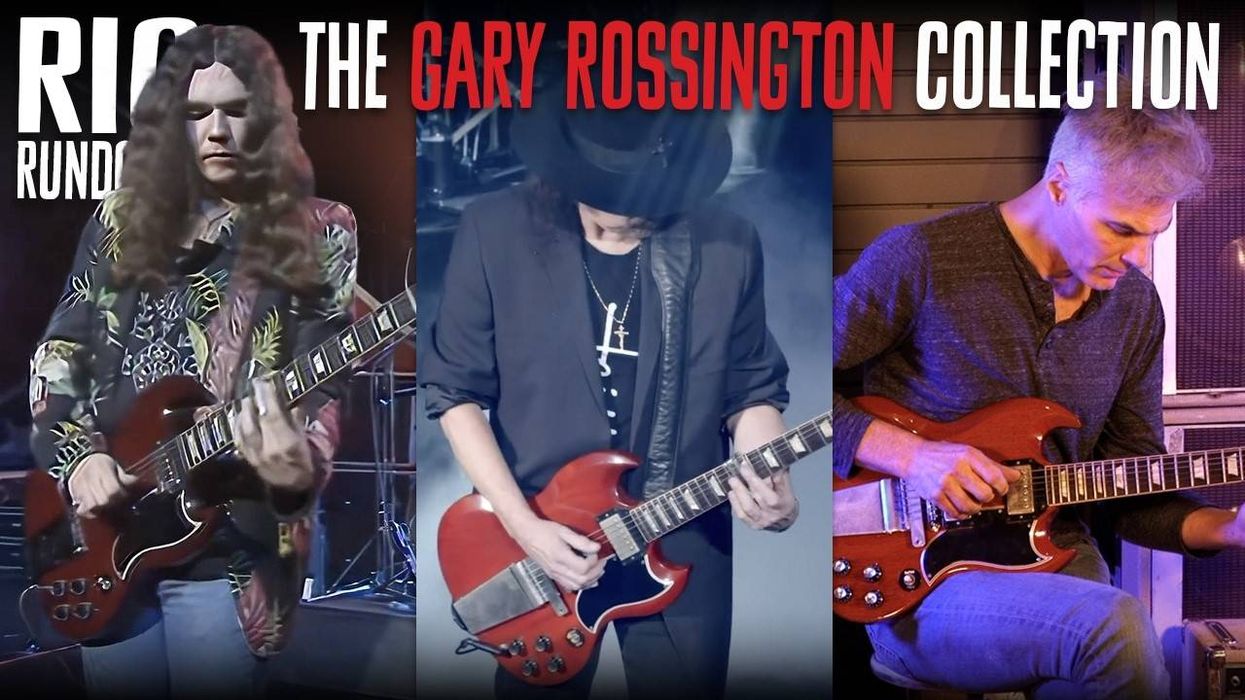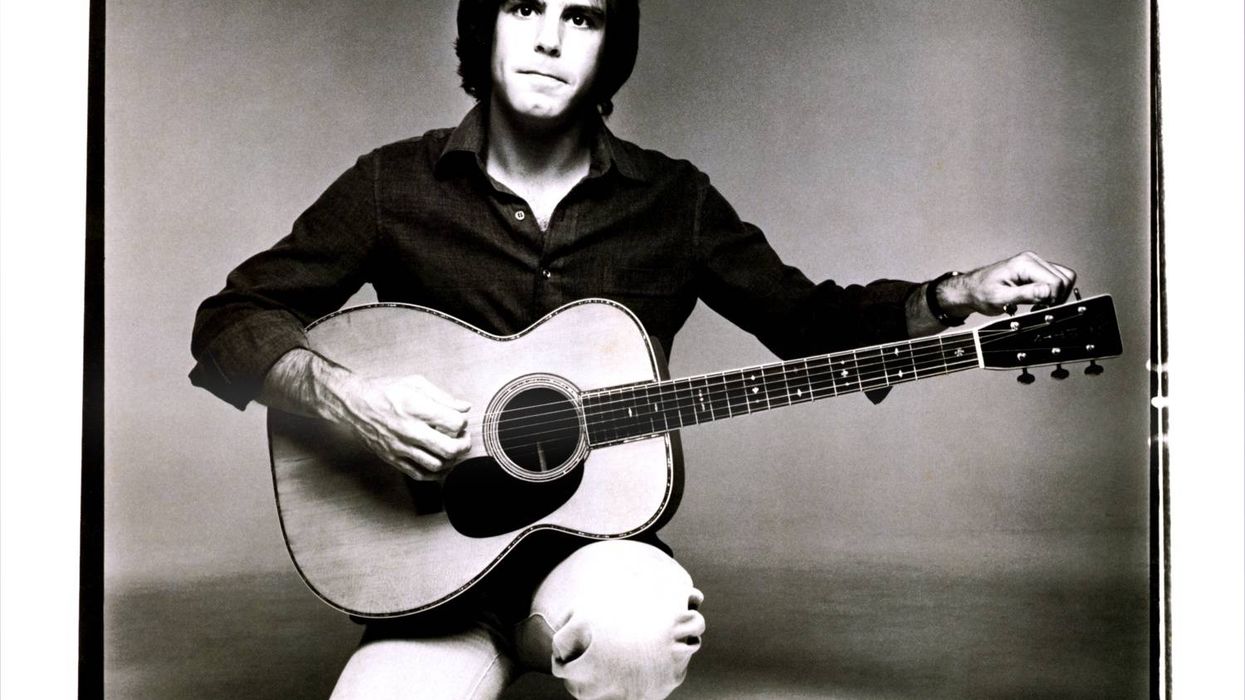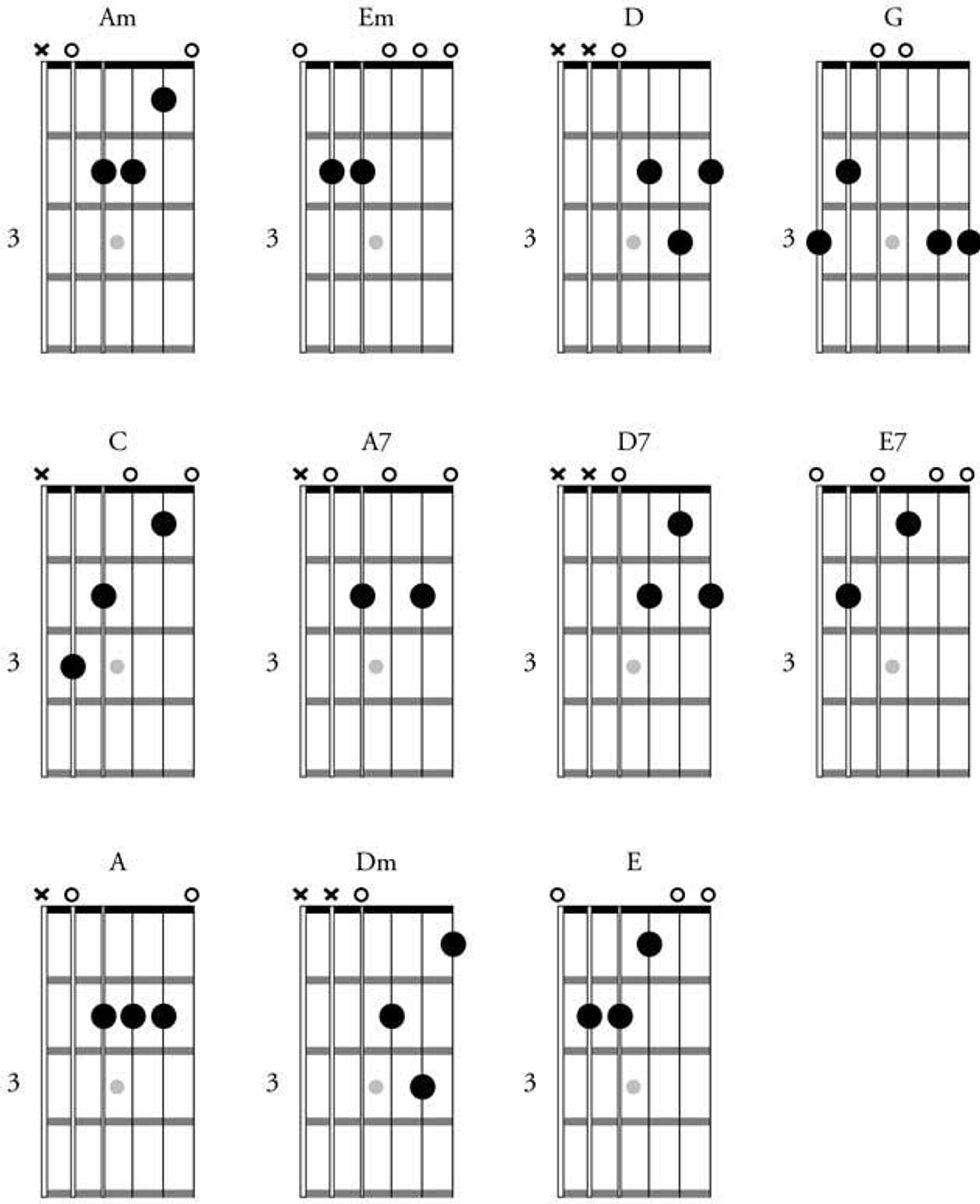Welcome back! This month I will be showing you some string-skipping lines that I like to use in my playing, a couple of these examples are from my latest CD, Electric City. I covered some similar techniques in previous lessons and would like to share more with you. These may be a bit tricky at first, but with practice they will be easy to play.
This first example is in the key of D major (D, E, F#, G, A, B, C#),
except the Bb note in bar 2, which is derived from the D natural minor
scale (D, E, F, G, A, Bb, C). There is a cool string-skipping pattern
at the end of bar 2 that repeats down the scale. This one can be
tricky, be sure to follow the suggested fingerings. Download Example Audio: Figure 1
This next example is from a tune of mine called "Heavy Thing" on Electric City, it begins at about 1:41 in the song. This example is based from the C natural minor scale (C, D, Eb, F, G, Ab, Bb). The first bar uses some pull-offs that creates a smoother effect, but you could try alternate picking every note.
Download Example Audio: Figure 2

This line is also from the tune "Heavy Thing," and it begins around 2:37. It is similar to what I played on that track and can be a great picking exercise. Try to keep repeating it. You could also experiment by using pull-offs for all of it. Download Example Audio: Figure 3

In the final example, we have a string-skipping idea that cycles through some chords using arpeggios. This line is based out of the E Mixolydian scale (E, F#, G#, A, B, C#, D). If you analyze the arpeggios, the first bar is basically a E5 to Esus4 to E major. The second measure is a D5 with an added #4 to D major and to Dsus2 and the last bar winds down with a pedal point line. Download Example Audio: Figure 4

OK, that's it for this month! Be sure to make up your own examples using these techniques, and learn more about my new album at mikecampese.com.






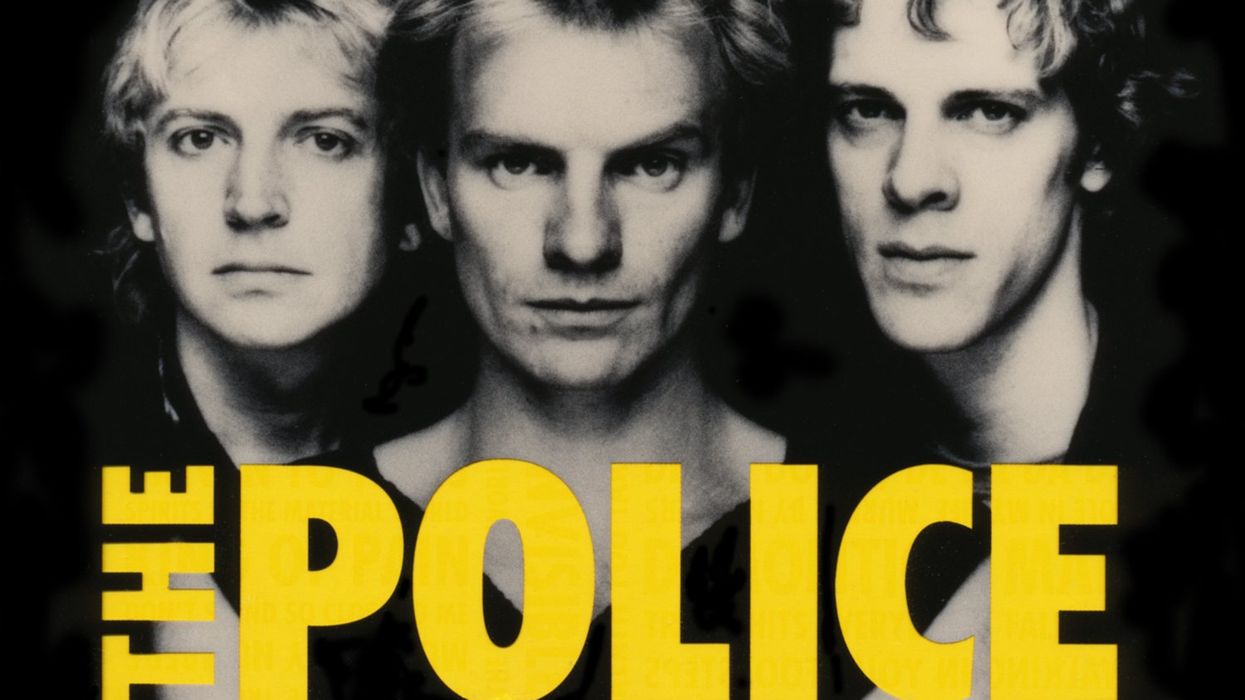

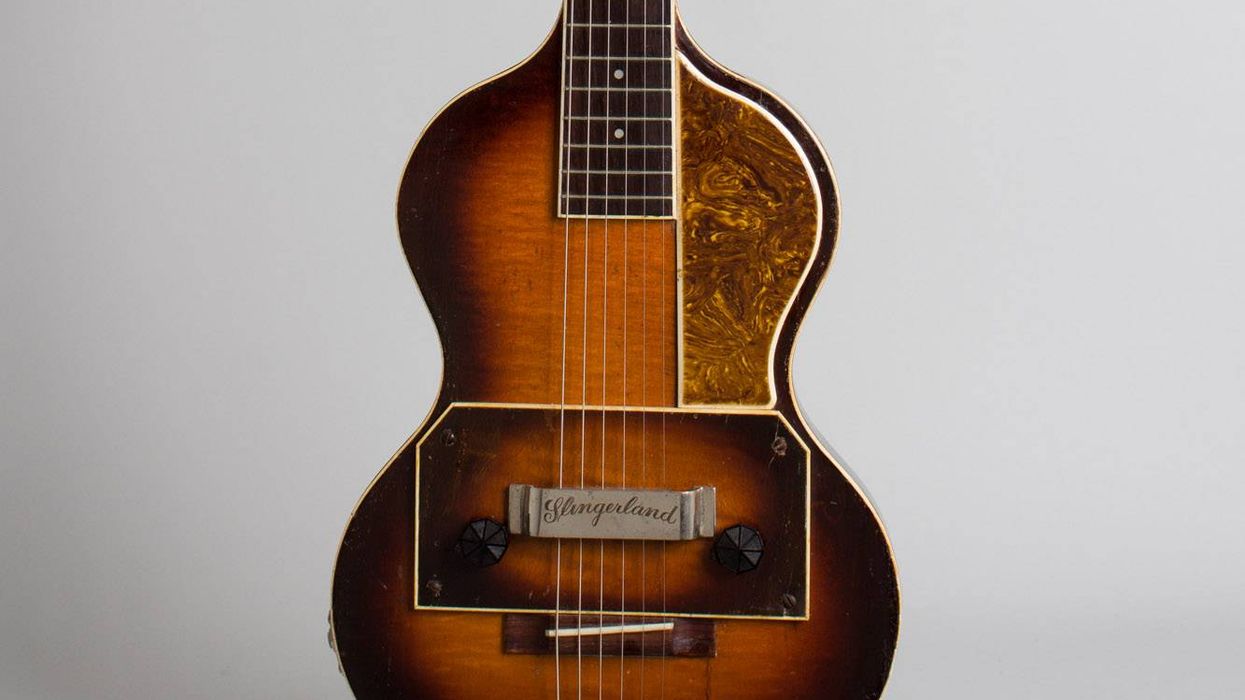
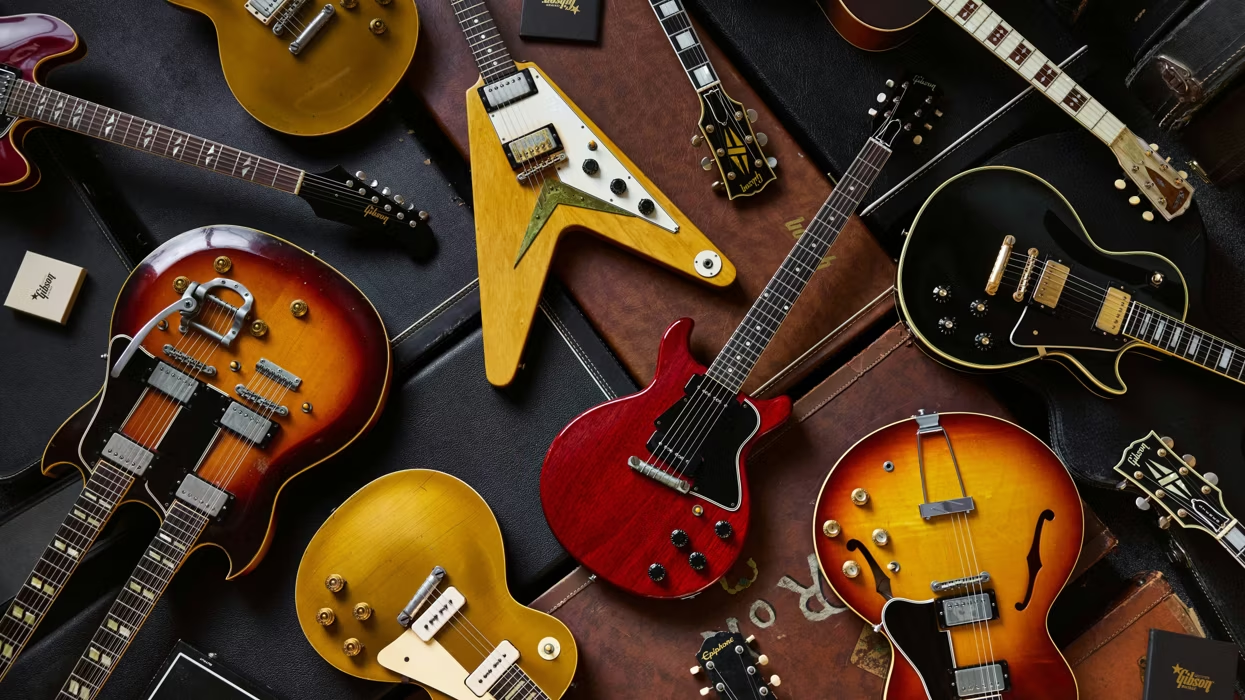

![Rig Rundown: Russian Circles’ Mike Sullivan [2025]](https://www.premierguitar.com/media-library/youtube.jpg?id=62303631&width=1245&height=700&quality=70&coordinates=0%2C0%2C0%2C0)
